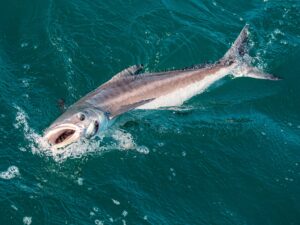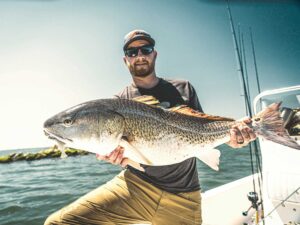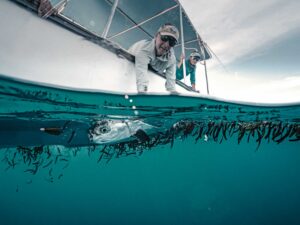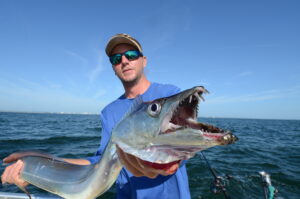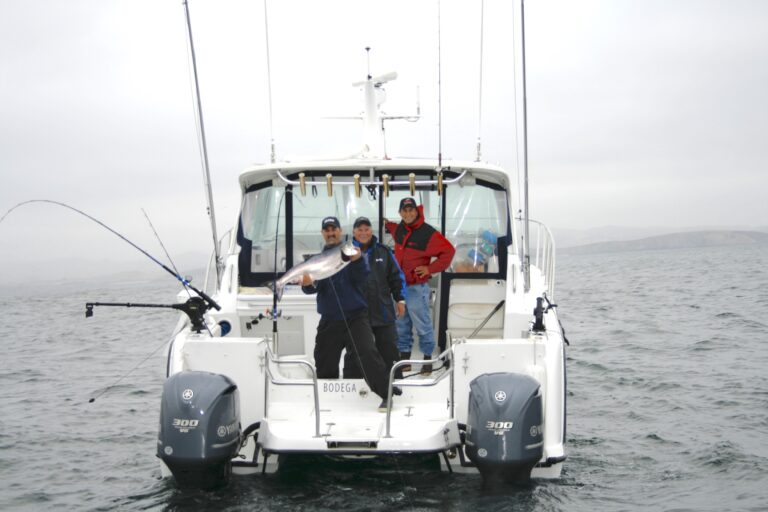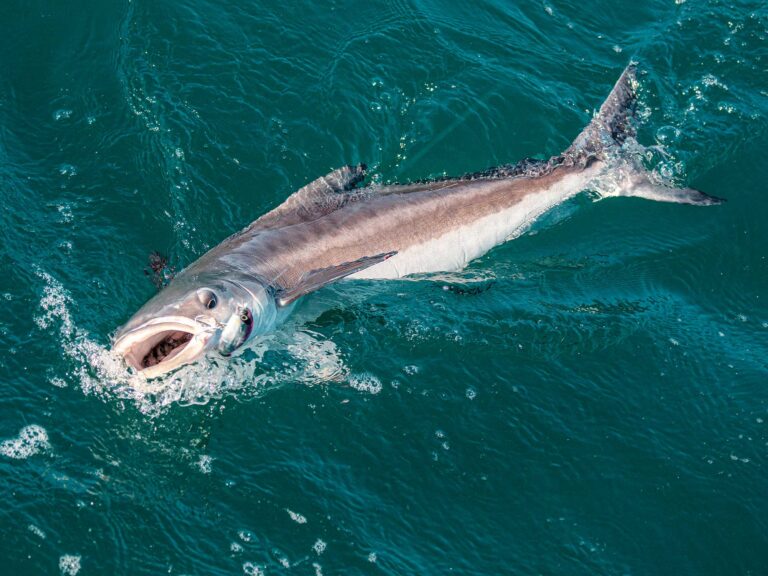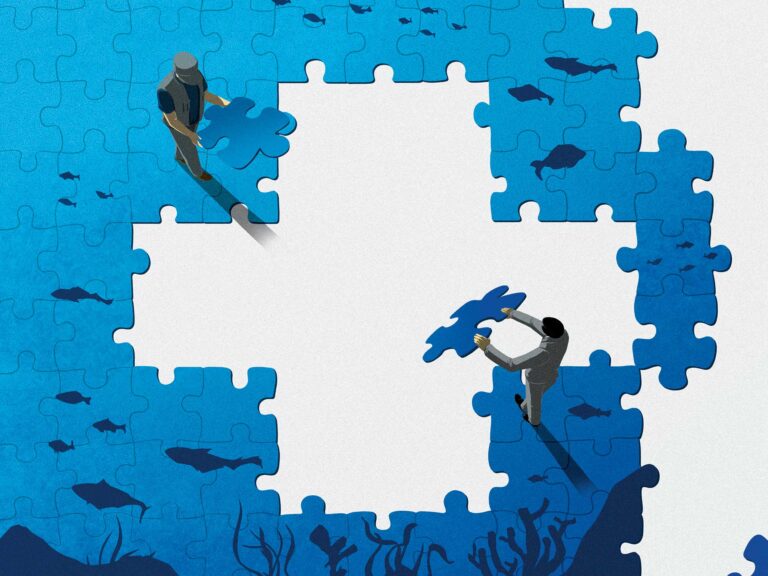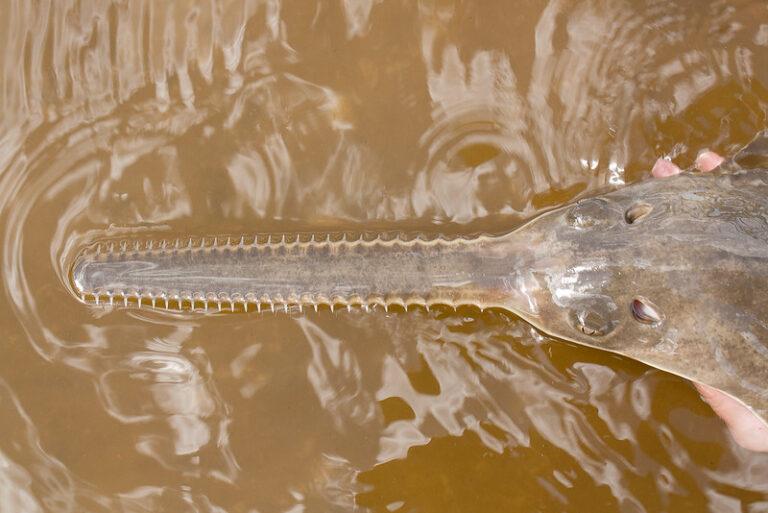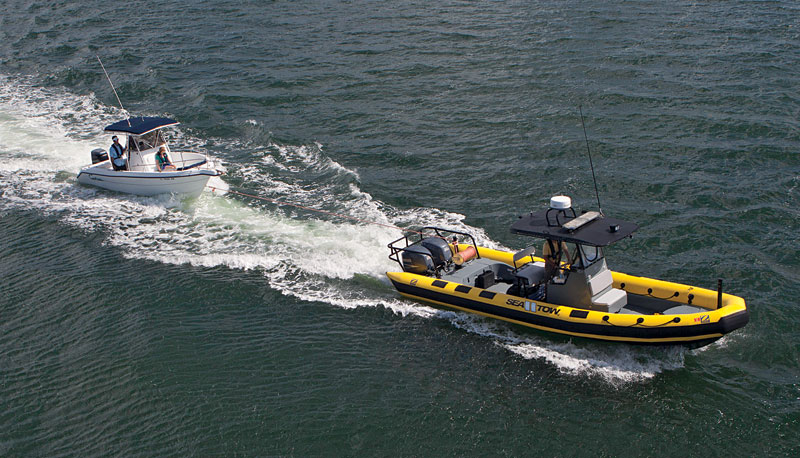
boat towing service
“When you break down on the water, you can’t pull over to the curb and walk home,” says Capt. Joseph Frohnhoefer III, the chief operating officer of Sea Tow International.
So true. Despite the best maintenance regimen and careful planning, circumstances beyond your control happen often in the demanding briny environment. Engines and components break down unexpectedly. Fuel gauges are not very accurate. Batteries fail. Or a super-negative low tide sucks more water off that sandbar than you’ve ever seen before, leaving you high and dry. These and similar incidents are why a good towing policy is invaluable.
“Guys thank us all the time for saving their fishing day,” says Scott Croft of BoatUS, which operates the TowBoatUS (or Vessel Assist in California) service program. “They’ve caught a bunch of fish, but when their engine won’t start at the end of the trip, we get them and their catch back to the dock safely.”
Time Is Money
Frohnhoefer says the average towing time for vessels needing assistance is 21/4 to 21/2 hours, at a rate of $325 per hour. The clock starts ticking when the tow boat leaves the dock and doesn’t end until it’s tied up again. So with a normal towing charge being upwards of $700, or up to $1,000, for a soft ungrounding, it’s easier on the wallet to budget for an annual service agreement or a towing rider premium than it is to shell out money out-of-pocket.
Sea Tow and BoatUS towing plans are both member services. Sea Tow’s Gold membership is $179 annually, while BoatUS charges $189 for its Unlimited Gold towing package. The two organizations have many similarities, and a few differences as well. Both give priority to members needing assistance during high-volume periods, like holidays and weekends. Both have boats on standby in the water to respond quickly to calls. Sea Tow (trademarked with yellow hulls) has 100 franchise locations, with more than 300 ports covered, while BoatUS (red hulls) has 305 locations in North America. The service range varies by location.
Tailored Service Areas
“We’d recommend to those anglers who fish offshore, like in the mid-Atlantic canyons, to check with their local operators to verify their normal operating range,” Frohnhoefer says. “Normally they’ll go up to 40 miles offshore, but in certain areas, like New Jersey or southeast Florida, that range is often extended.”
“Our normal service area is 25 miles, but members don’t have to stay inside a fence,” says Jerry Cardarelli, BoatUS’ vice president of towing services. “If you’re beyond the service area, you’re still covered.”
With either organization, tow-boat operators must be U.S. Coast Guard-licensed, with the proper towing endorsements and insurance, and capable of handling boats up to 65 feet in length. In larger-vessel markets like Fort Lauderdale or Palm Beach, Florida, dual tow boats are often used to assist yachts up to 120 feet. The average tow boat ranges in size from 24 to 26 feet, with twin outboard or inboard engines. Catamarans and rigid inflatable hulls are popular platforms among operators.
“It all depends on the area and needs,” Cardarelli says. “We have some operators who use a 17-foot Mako that’s specially rigged for towing to get into shallow waters, while another has a 98-foot work boat to safely get boats back from canyons.”
Sat and Cell Options
BoatUS and Sea Tow now offer applications for smartphones (Android and iPhone) to make service access easier. Sea Tow also provides automatic radio checks, navigation assistance and fishing reports to members. Anglers with a BoatUS towing plan have two additional ways to call for help if they’re beyond VHF radio or cellular range. Through partnerships with Spot Assist Maritime service, a one-way signal with preregistered information and current latitude/longitude position can be sent. Two-way text messaging is available through DeLorme’s InReach satellite network.
Local Talent
The biggest distinction between Sea Tow and BoatUS is how operators are contracted. Sea Tow has franchises for exclusive areas of operation. Prospective owner/operators go through a rigorous screening and training process before they are licensed. Once approved, they can tap into the corporate network for rigging tips, boats for sale and other assistance. Operators then sell individual memberships to boaters within their service area.
“That’s really unique to Sea Tow,” says Kristen Frohnhoefer, the company’s chief administrative officer and Joseph’s sister. “Most of the money from the membership fee supports these local businesses. In turn, they provide a service quickly and support the local community.”
In contrast, BoatUS operators are screened for the proper licenses and insurance, and if those requirements are met, these private operators can join the association’s towing network. In lieu of payment from the boater, operators bill BoatUS directly for reimbursement.
Easy Rider
The third alternative for boaters seeking towing coverage is through an insurance company, often as a rider to the main boat policy. The advantage of this option is that the annual fee is cheaper, but coverage limits are preset, so they may not be enough to cover a lengthy tow. Claims may be counted against a deductible, although that varies by provider.
“We have four different coverage limits, starting as low as $19 per year,” says Rick Stern, Progressive’s boat product manager. “There’s no deductible, and the limits available range from $300 to $2,500, plus there’s no limit on the number of tows per year.” Insurance companies such as Progressive, Allstate and Geico contract local tow operators to supply service to their policy holders.
“Towing coverage lets you be worry-free while on the water,” Stern adds. “With the price of towing so high and the cost for on-water towing so low, it’s a worthwhile investment.”
That’s also so true. And the less time you spend worrying about getting home, the more time you can have fun catching fish. That’s always money well spent.

